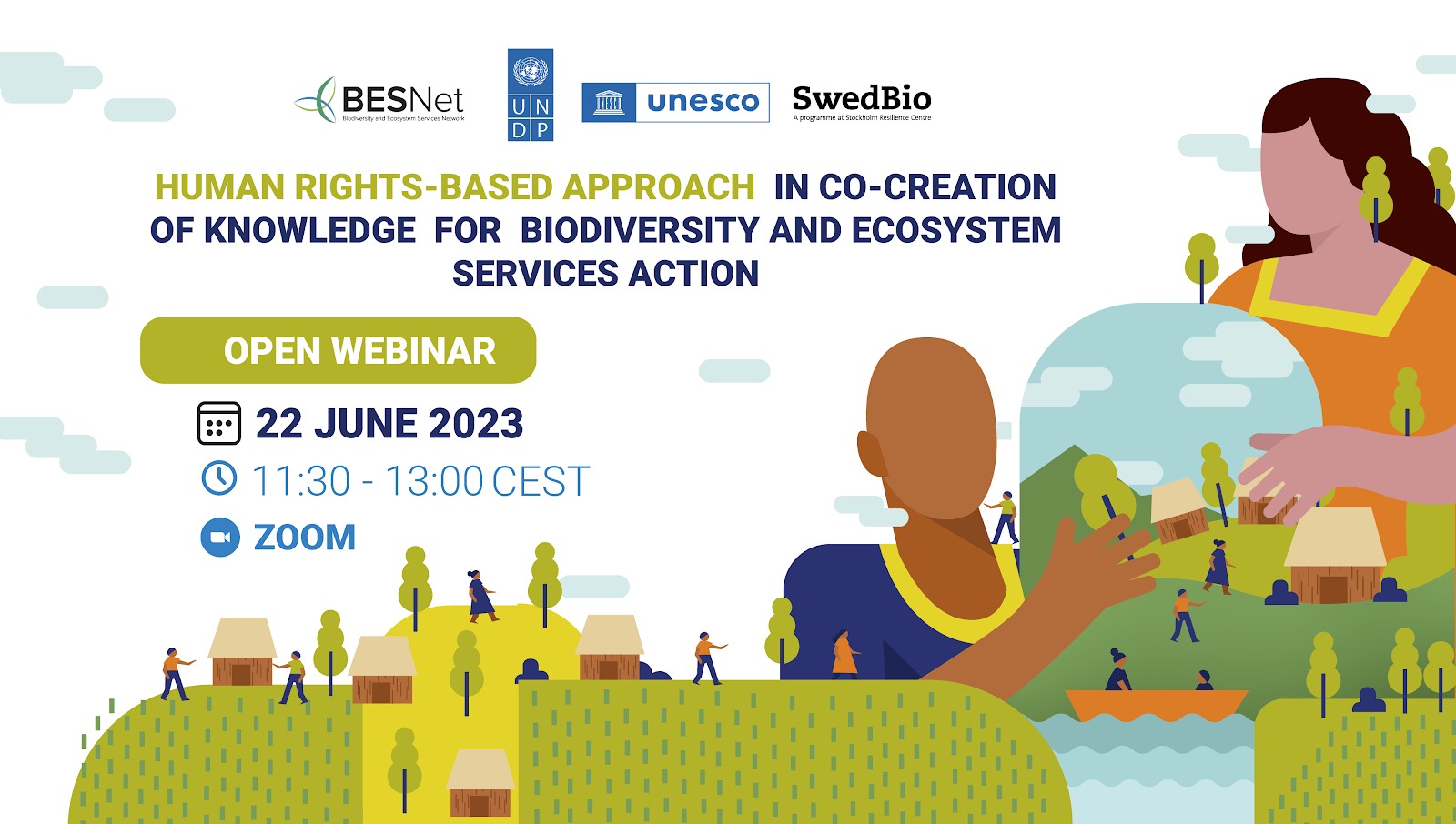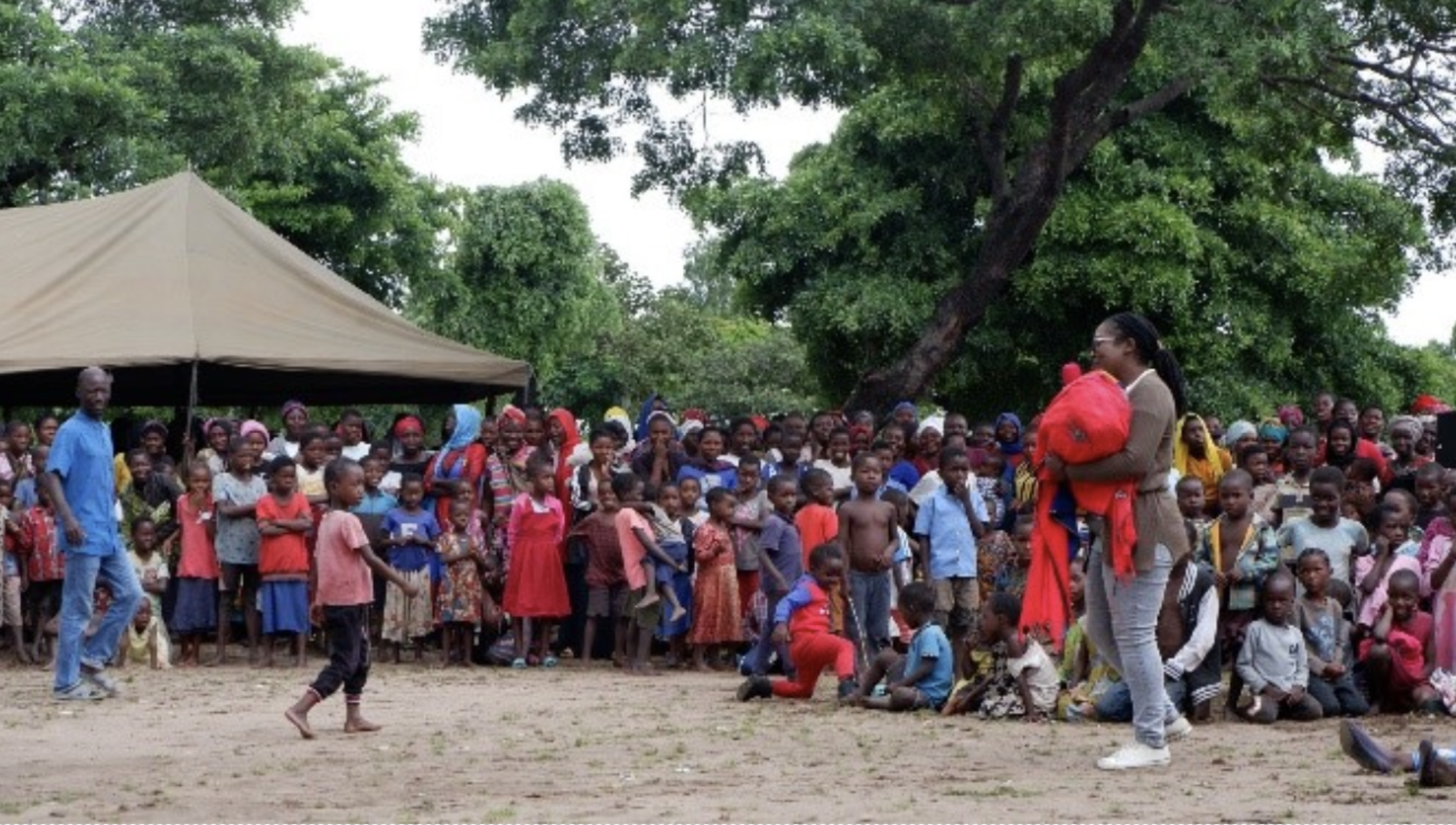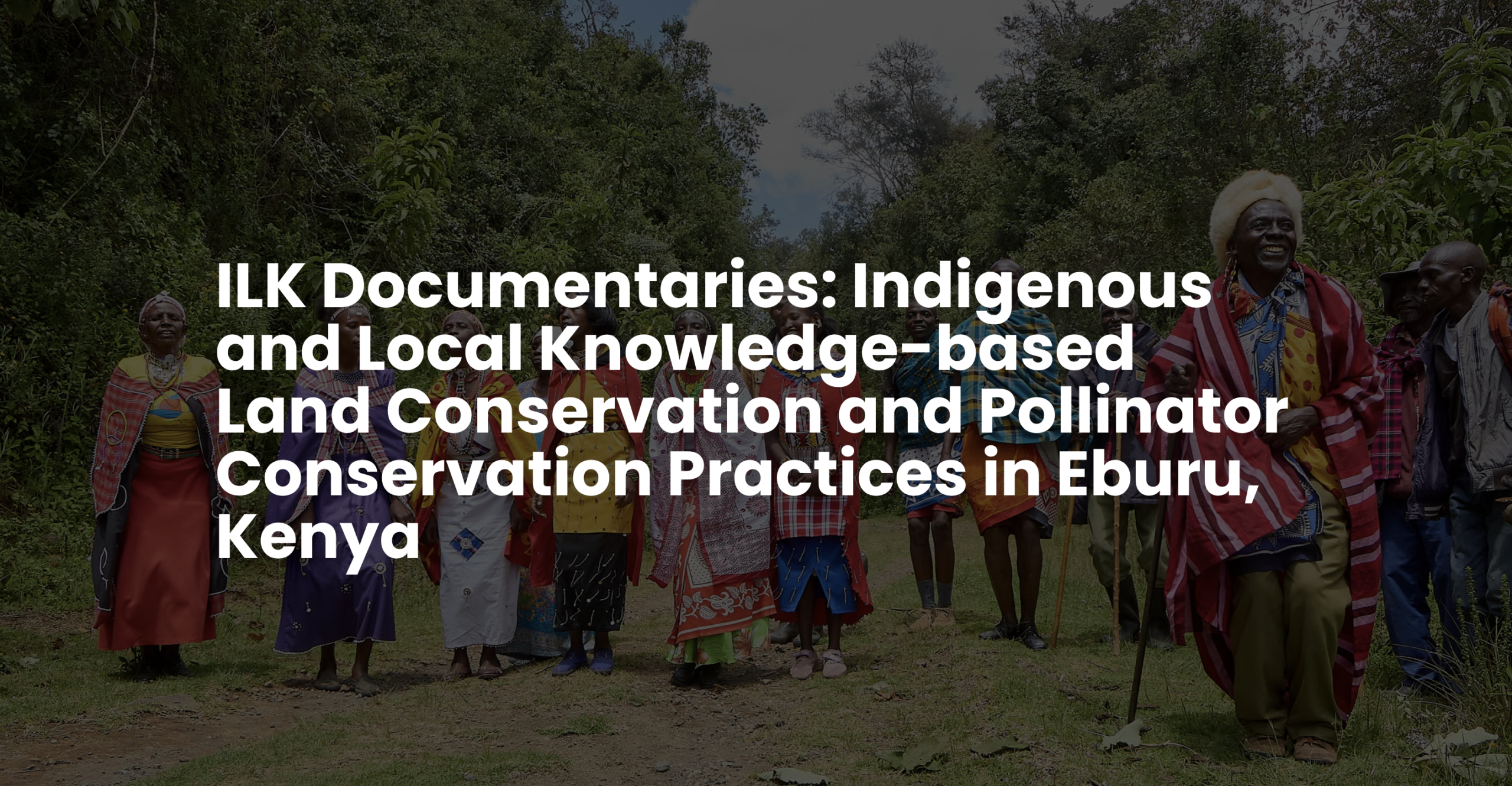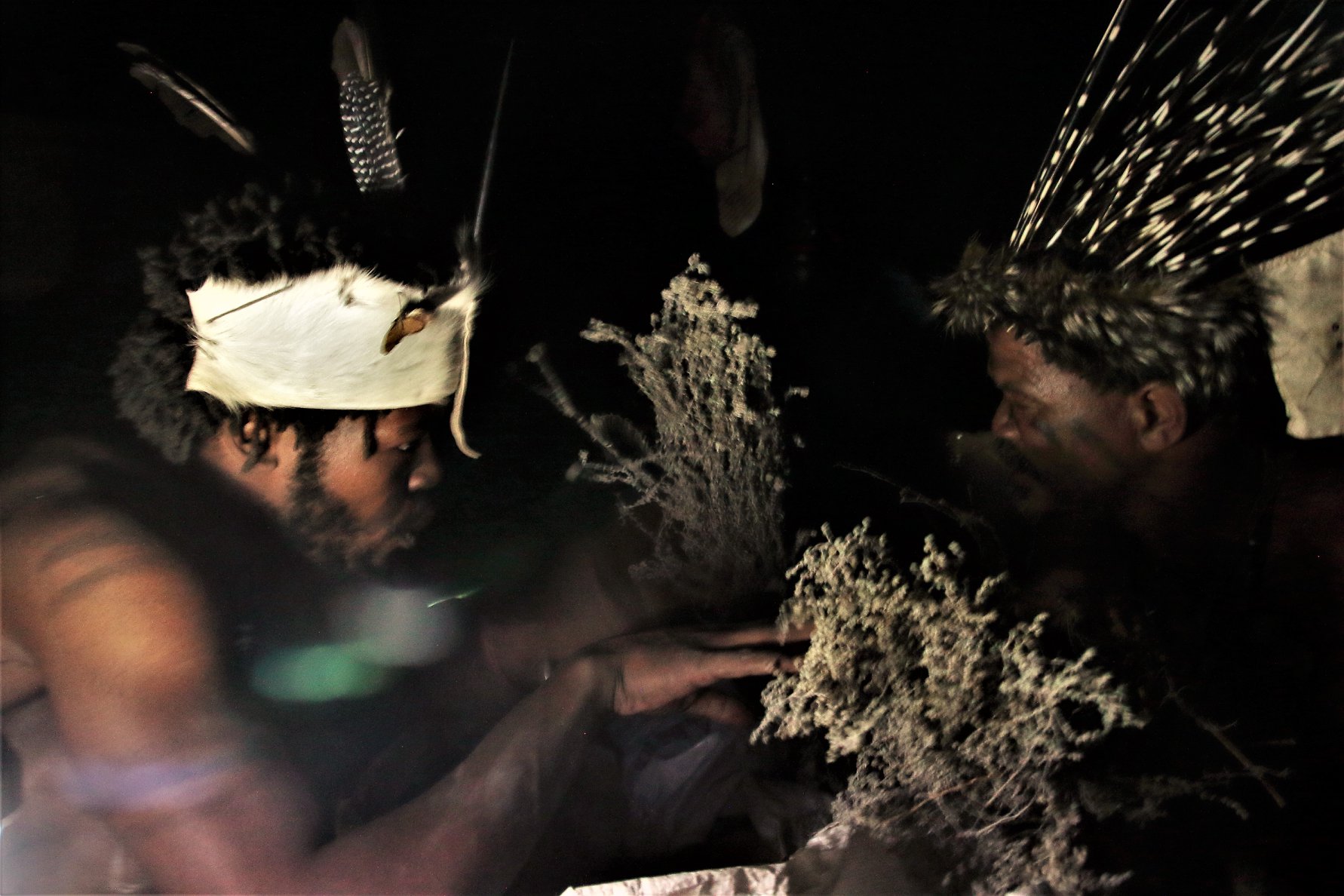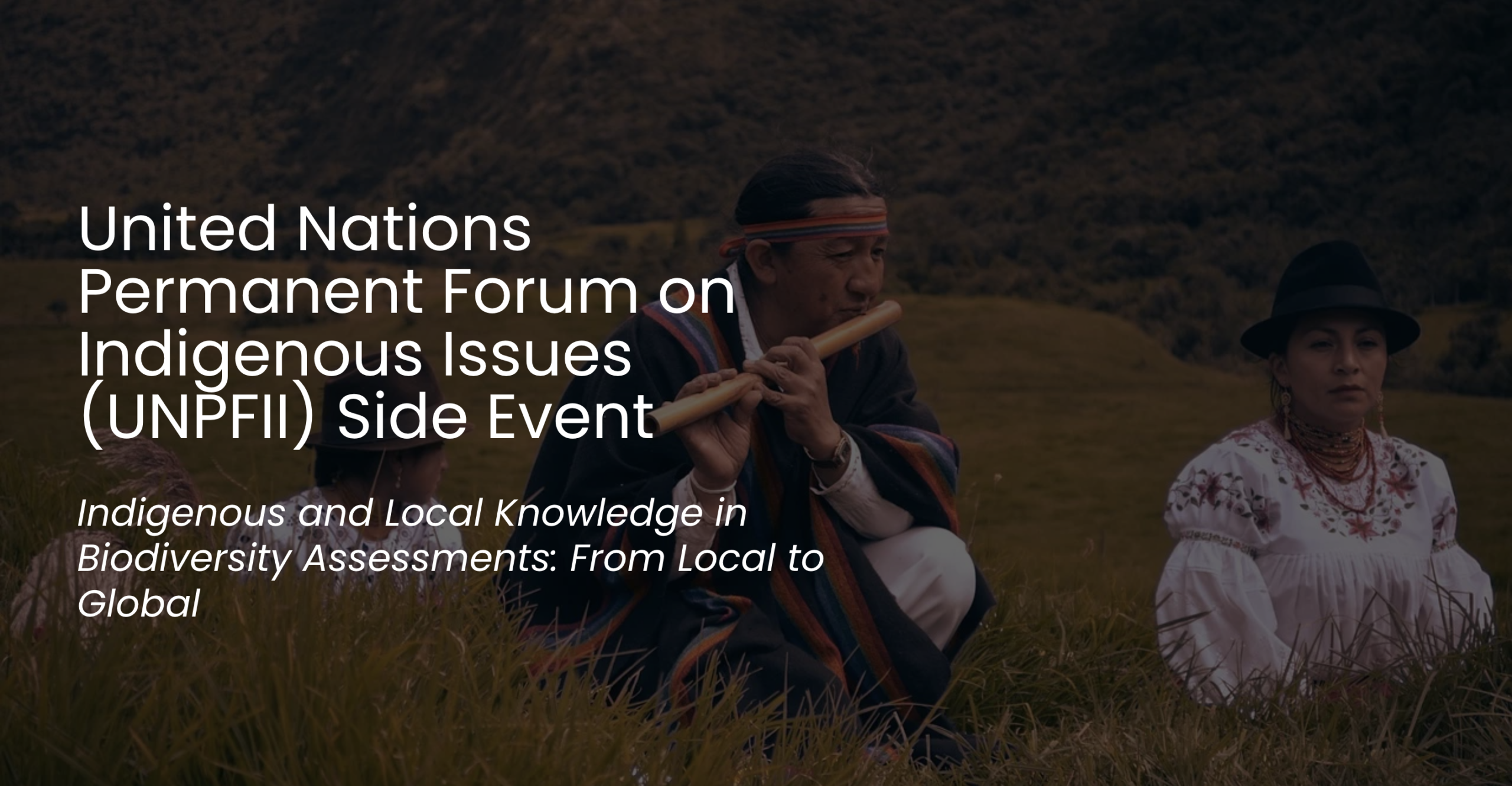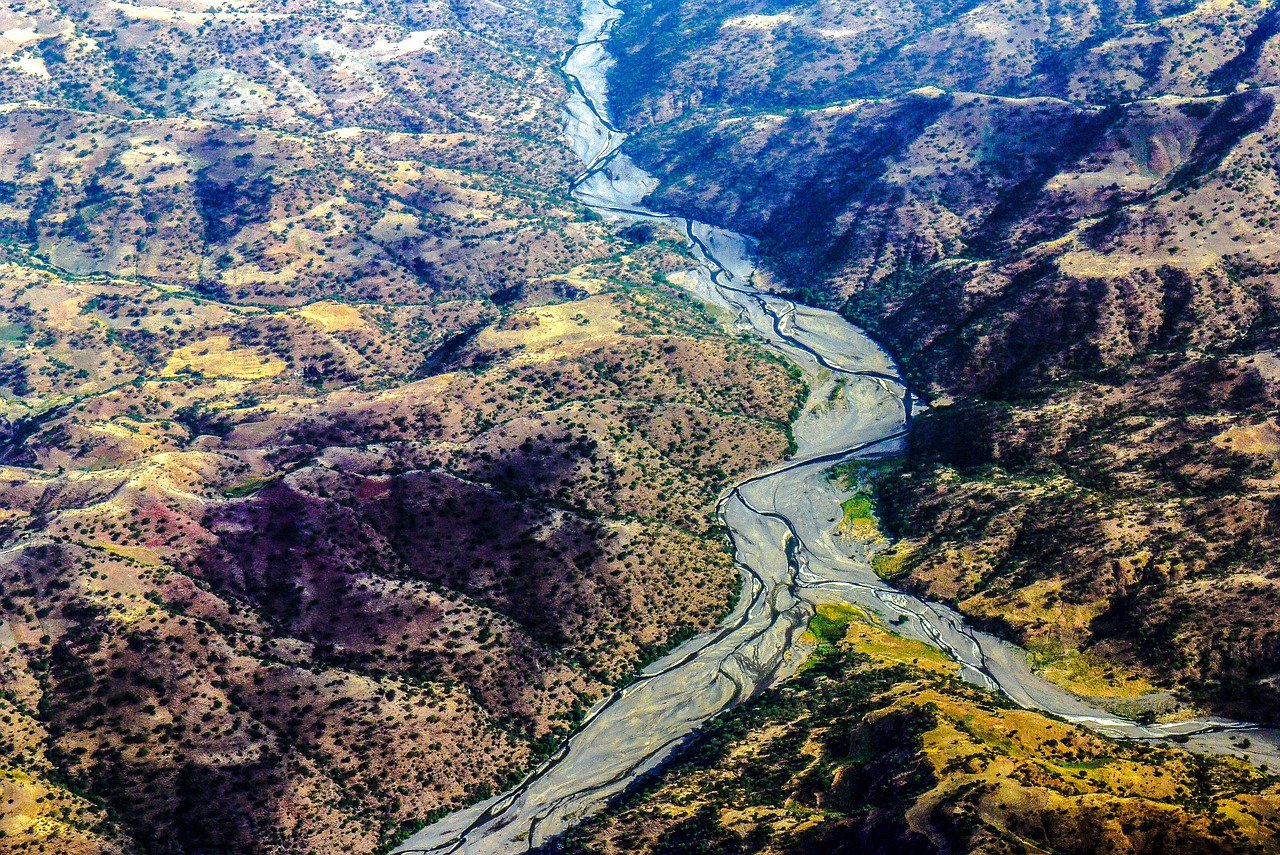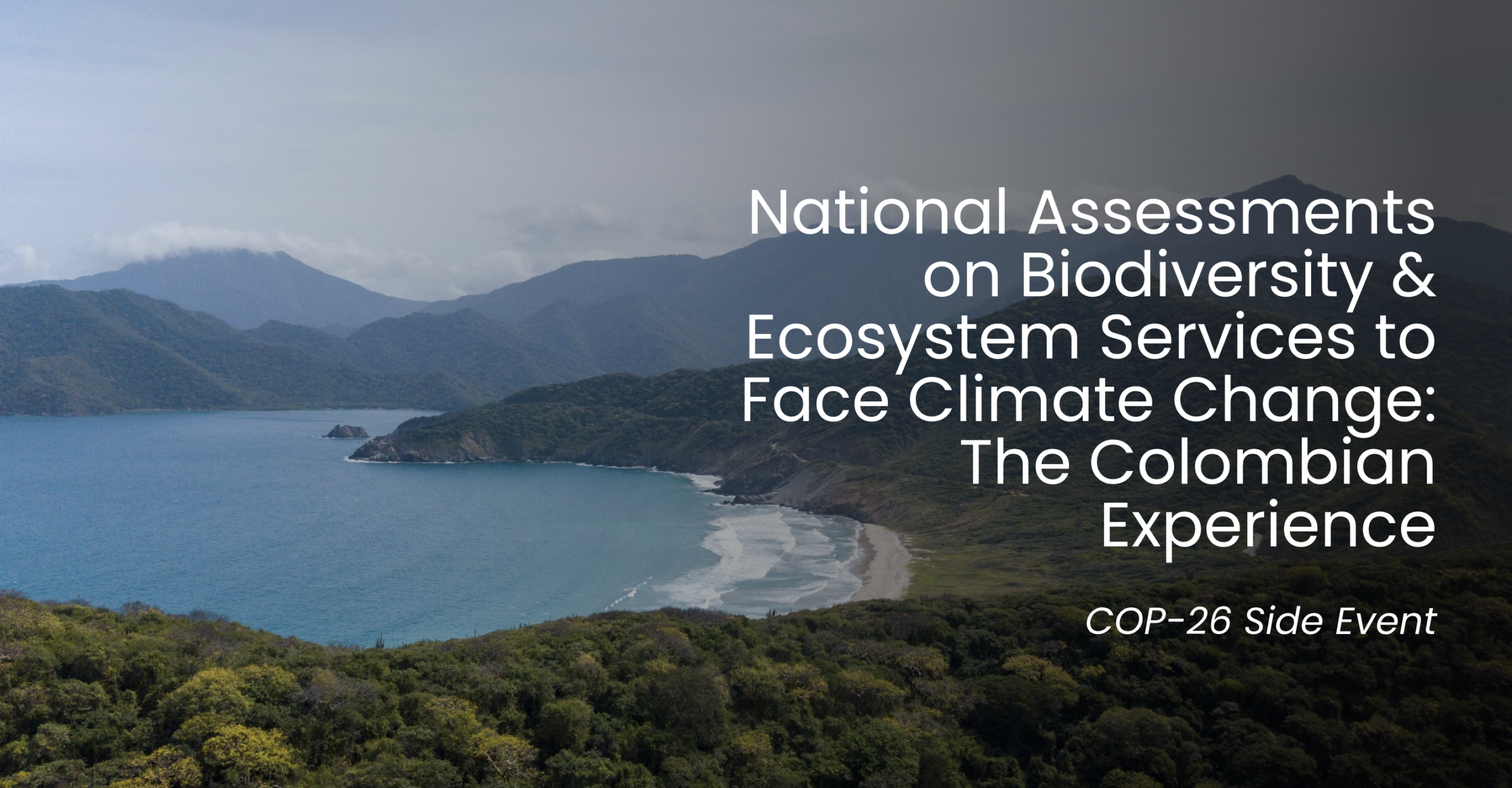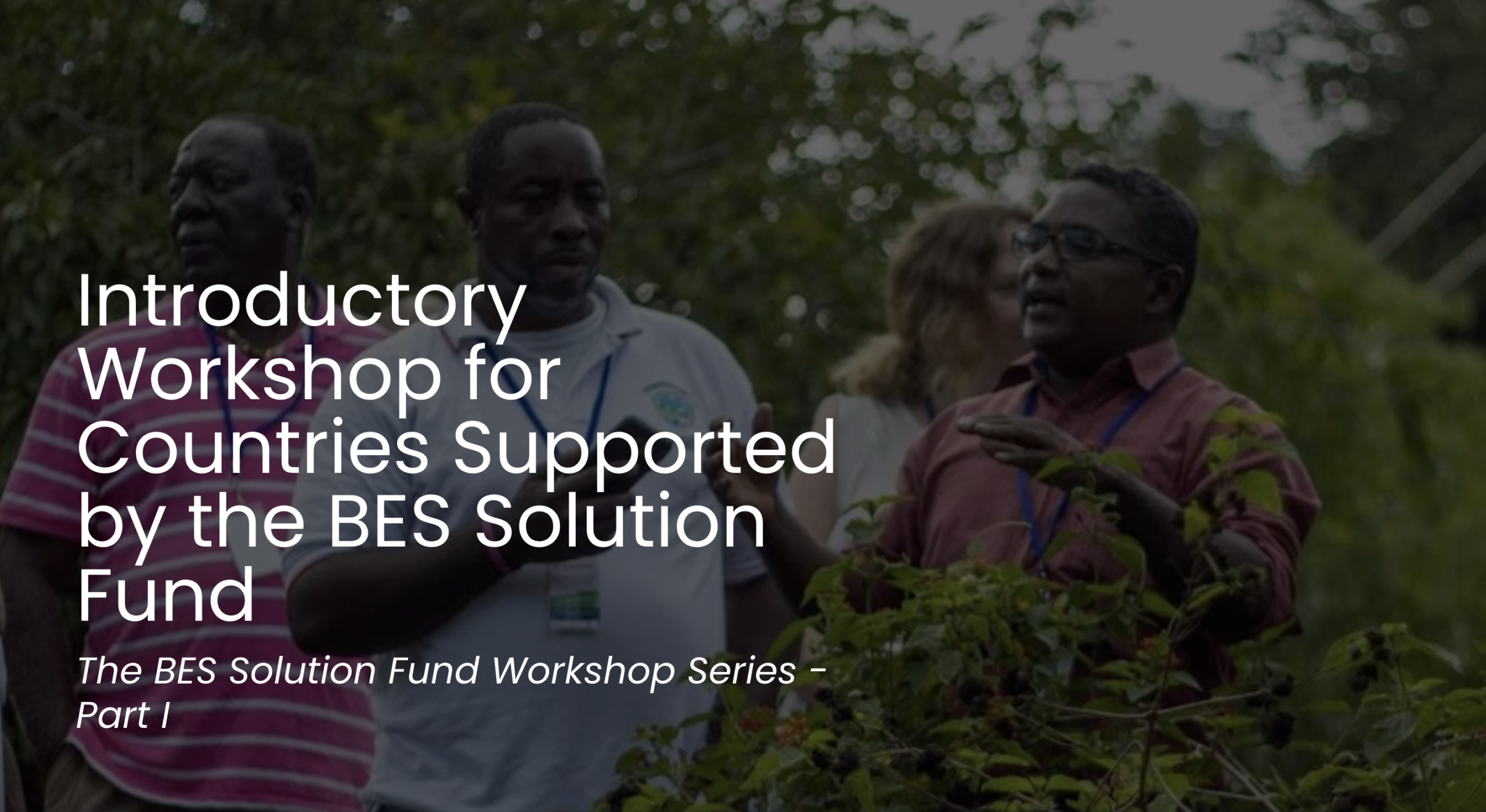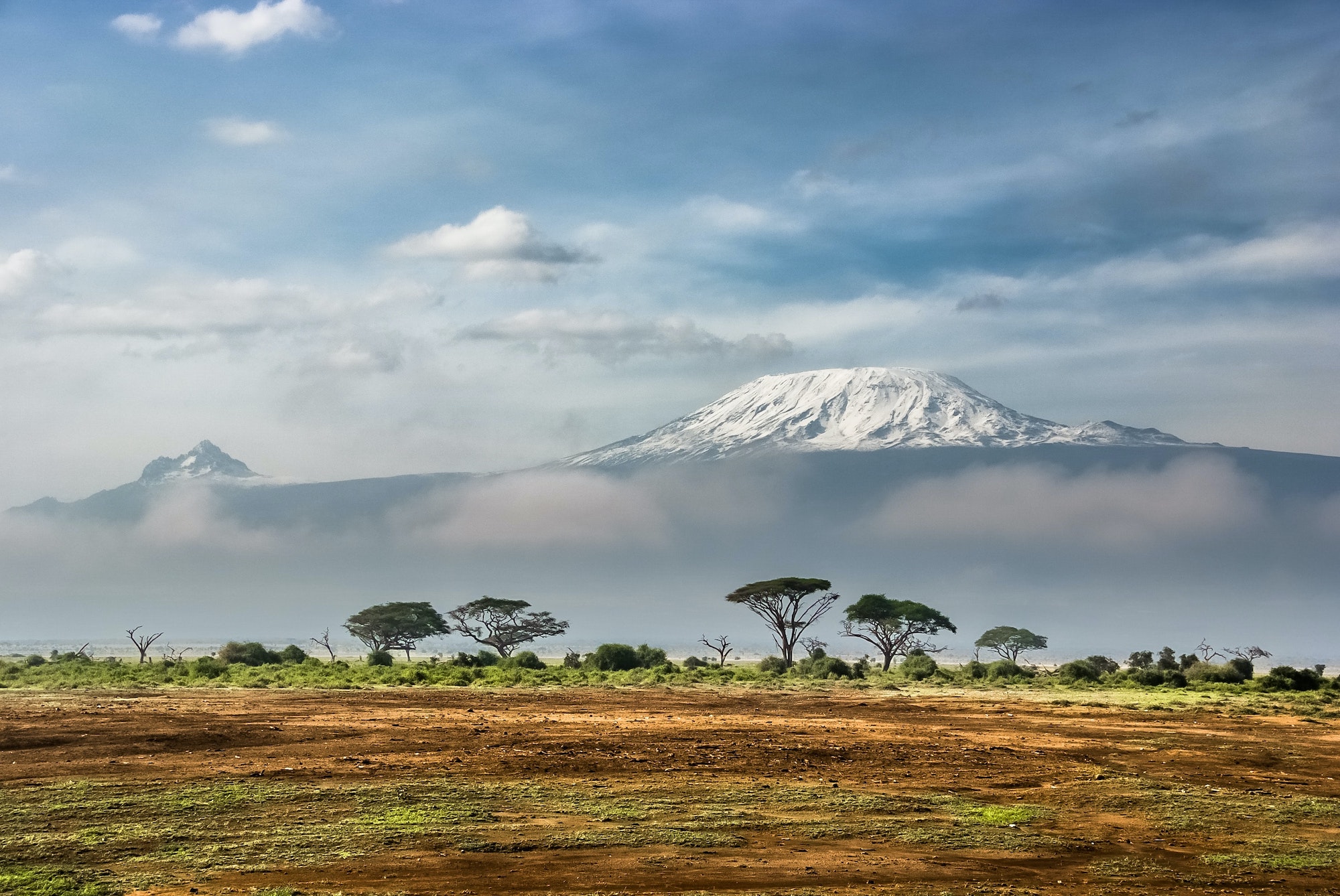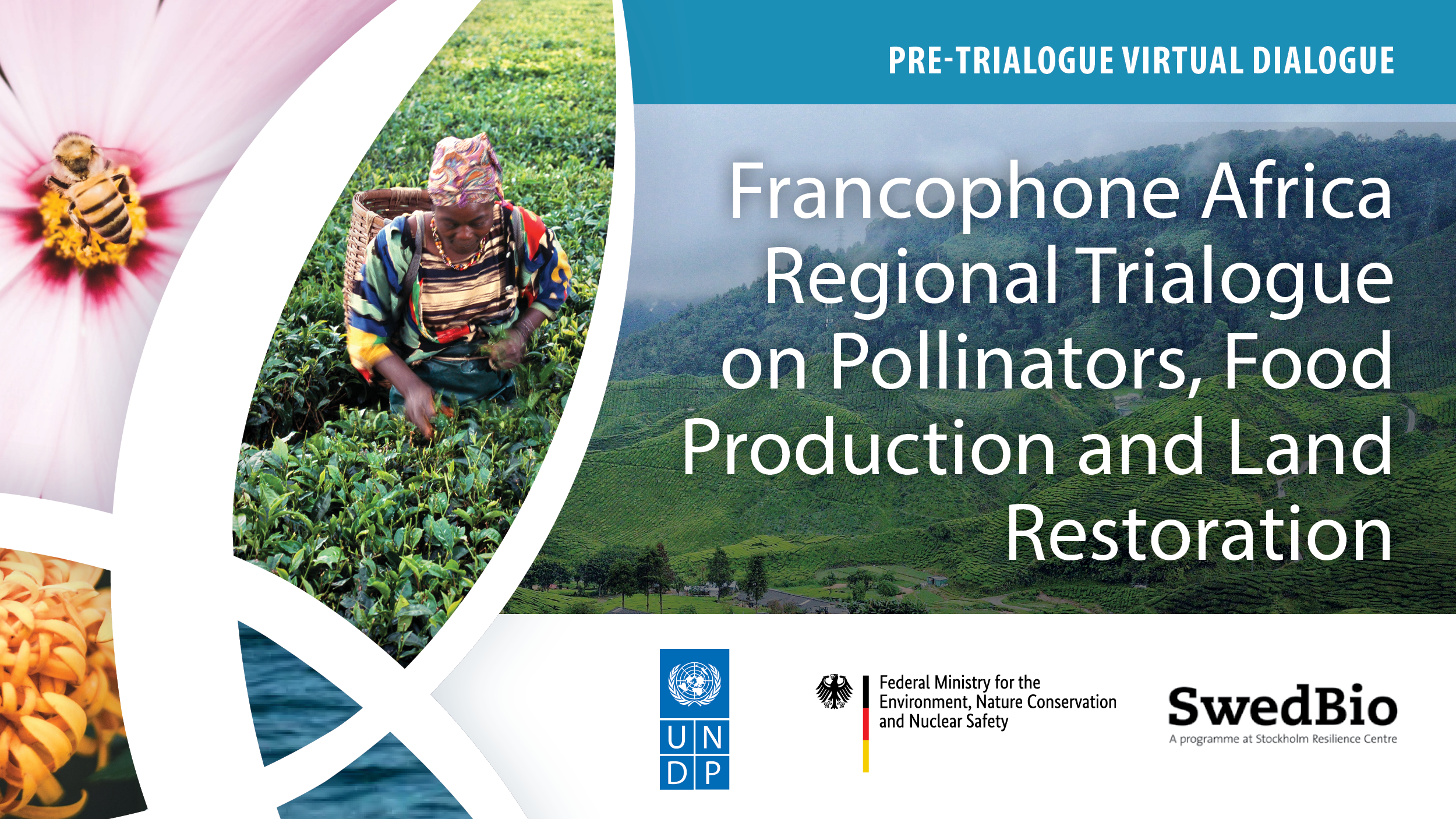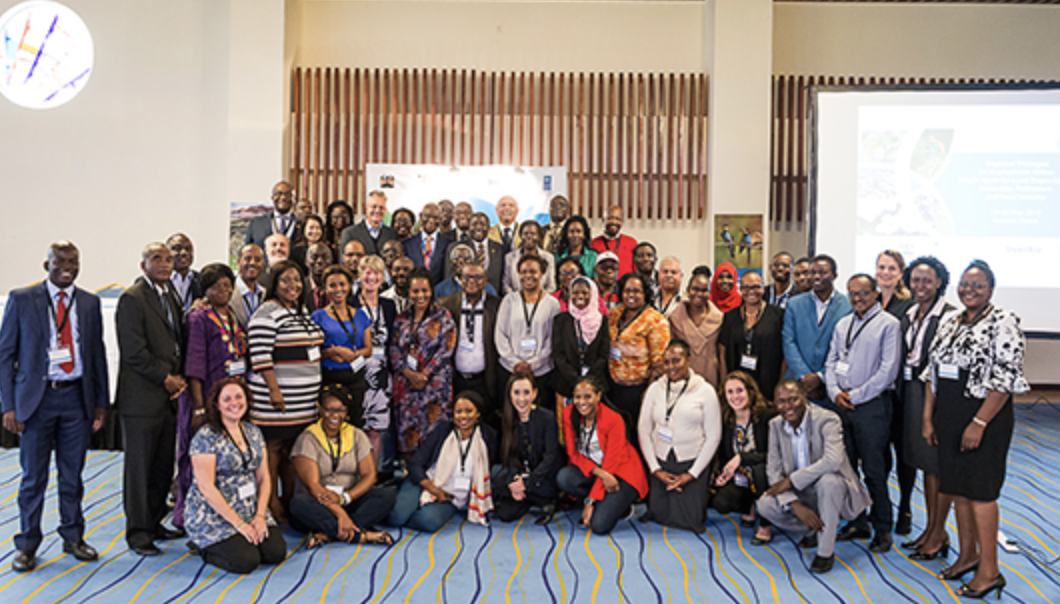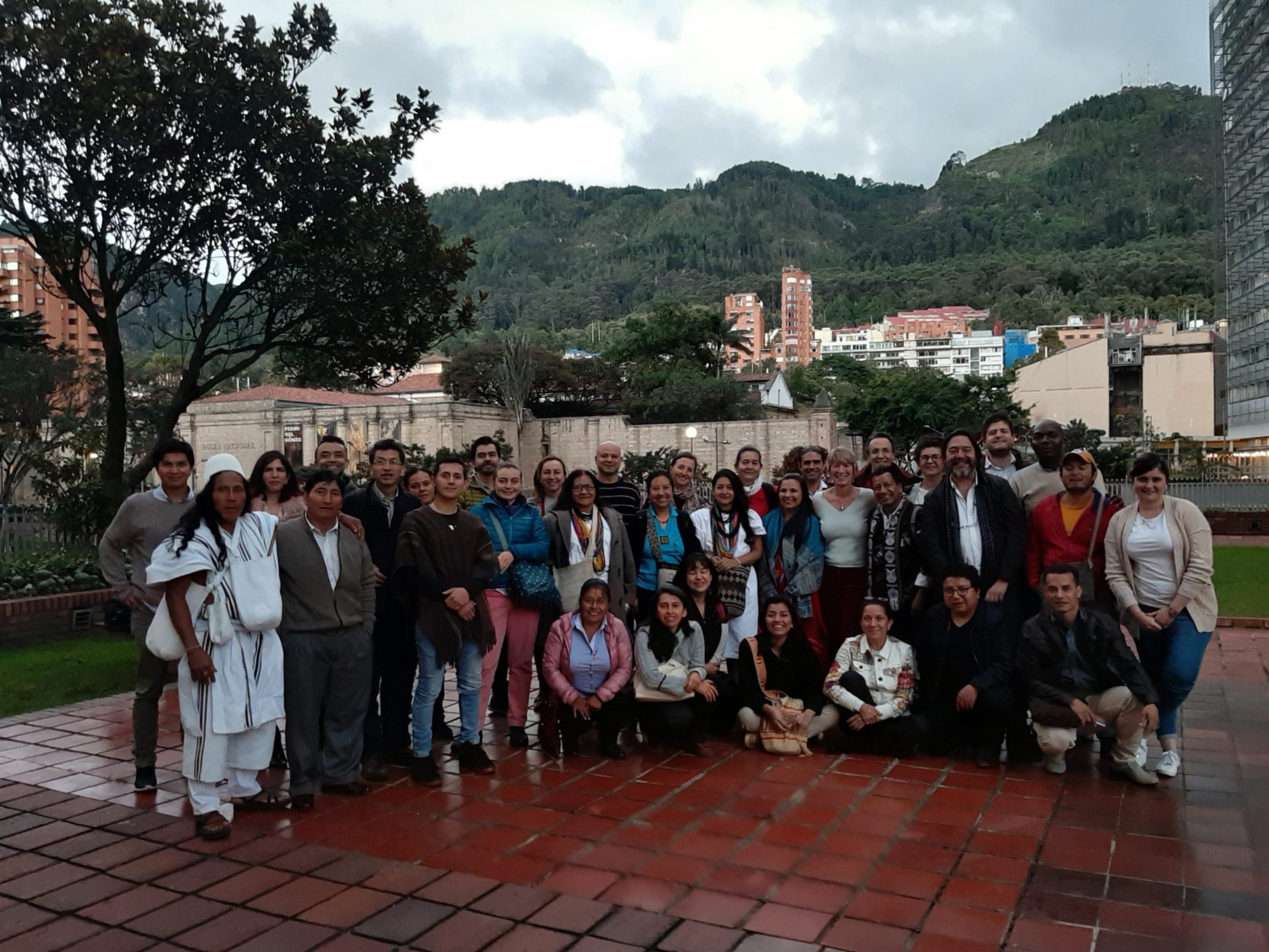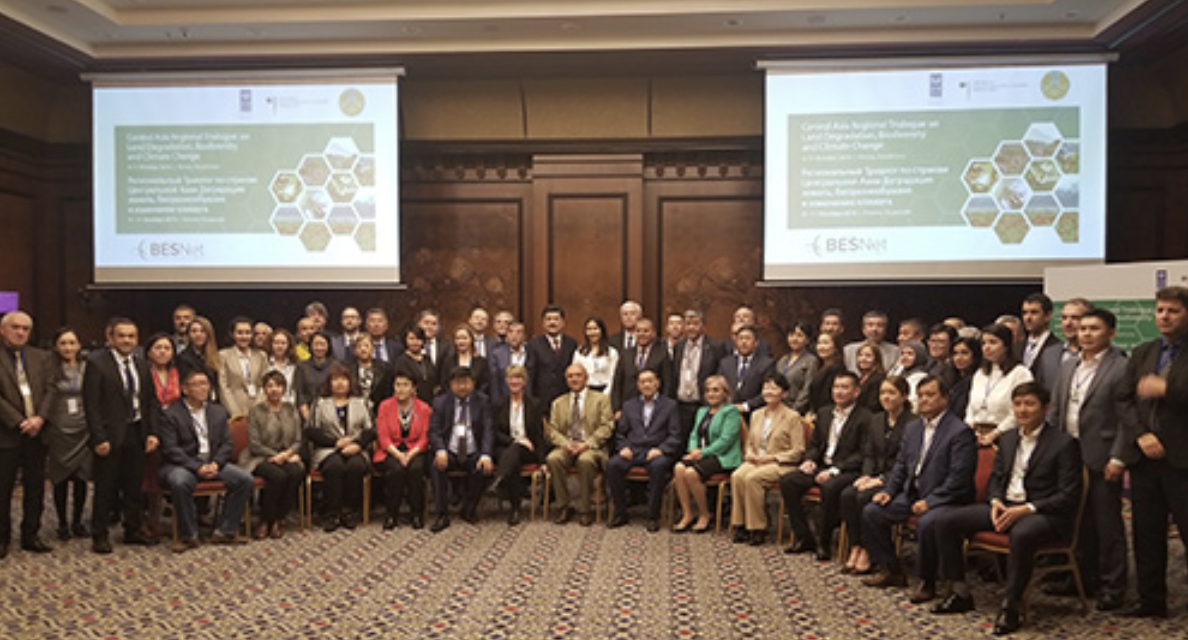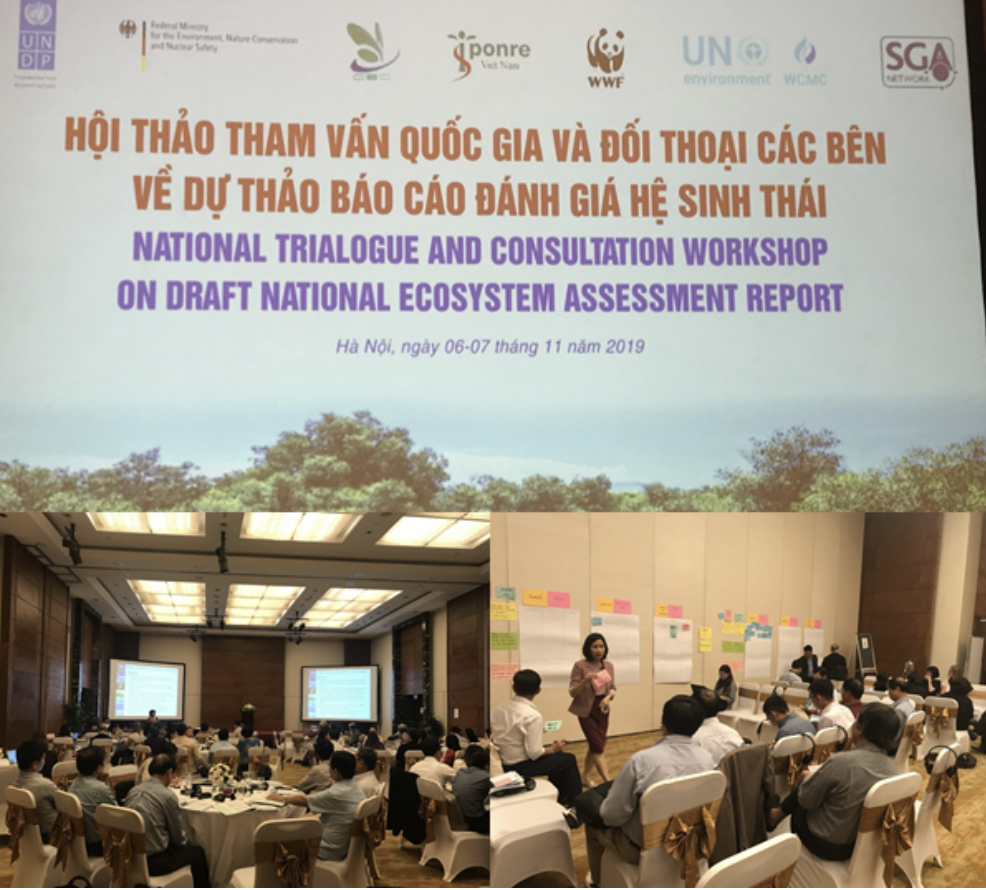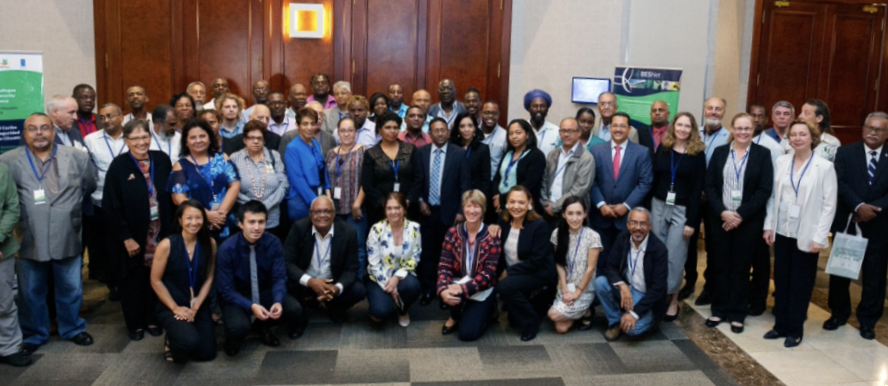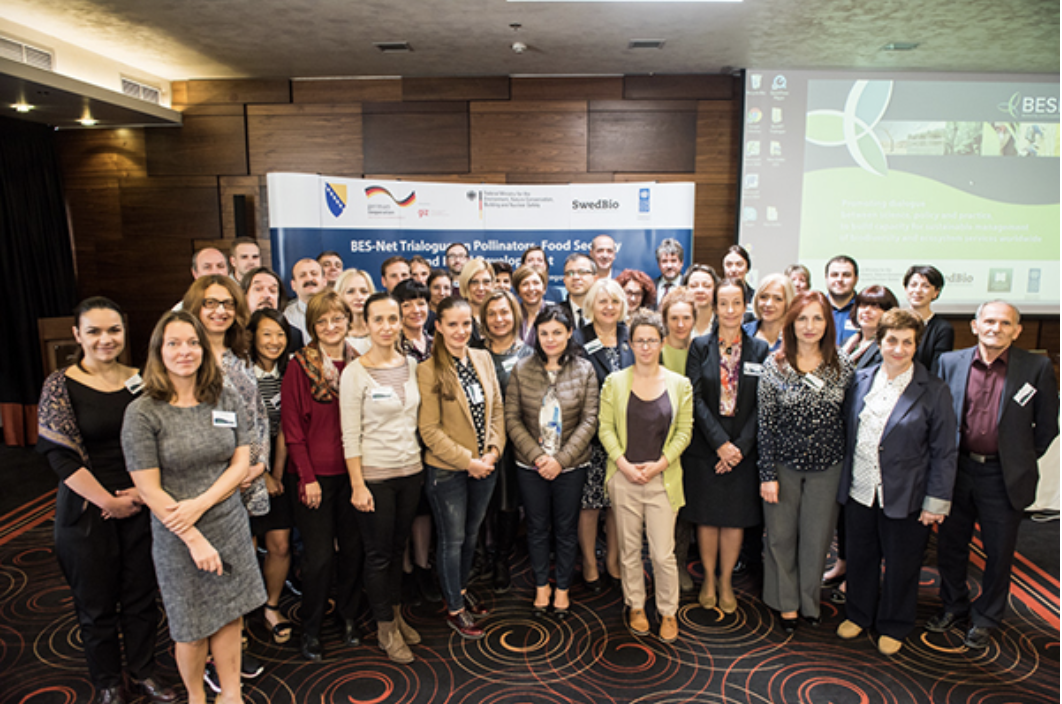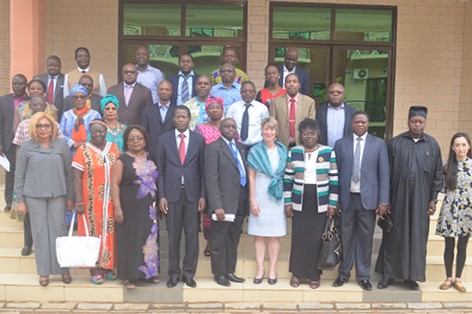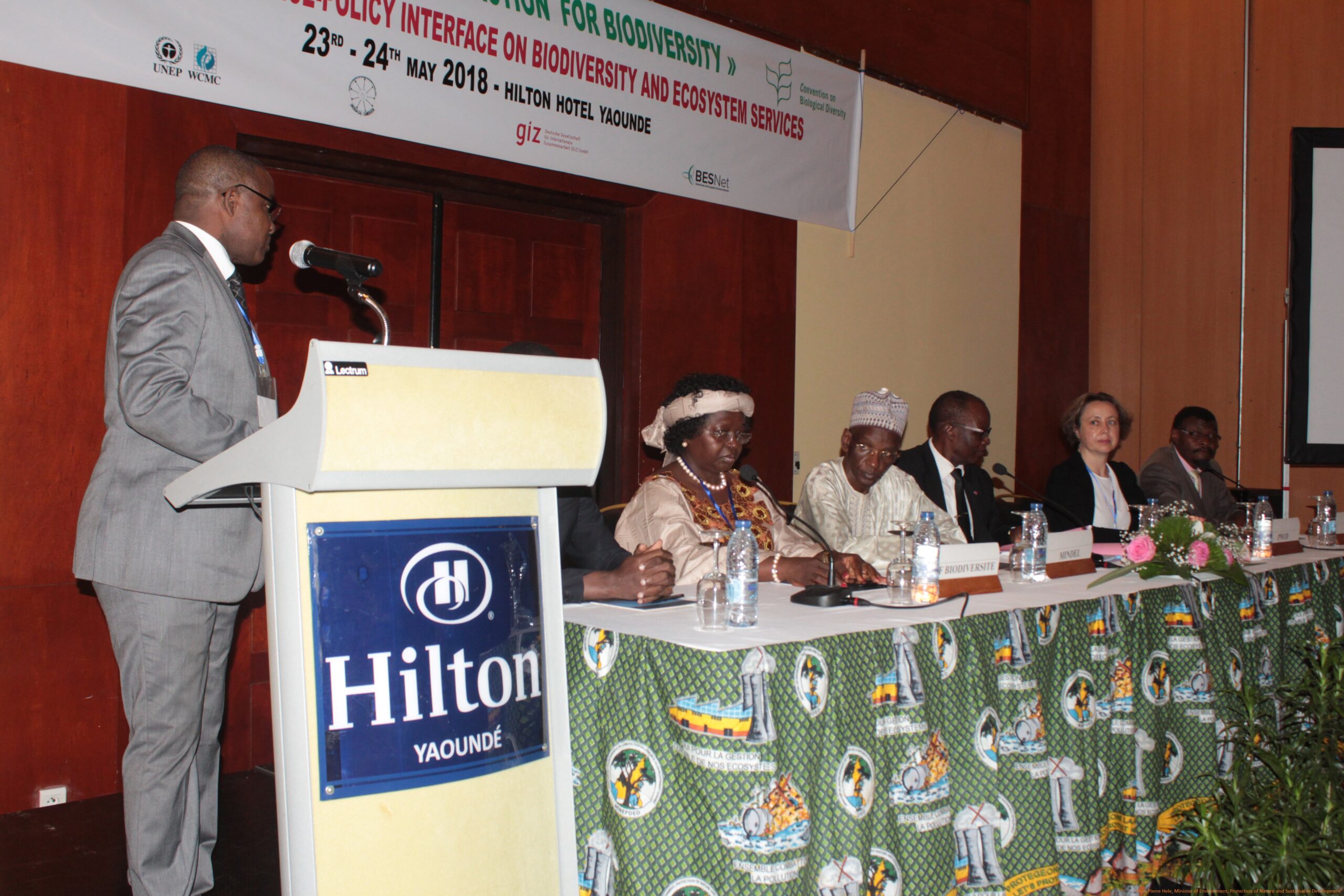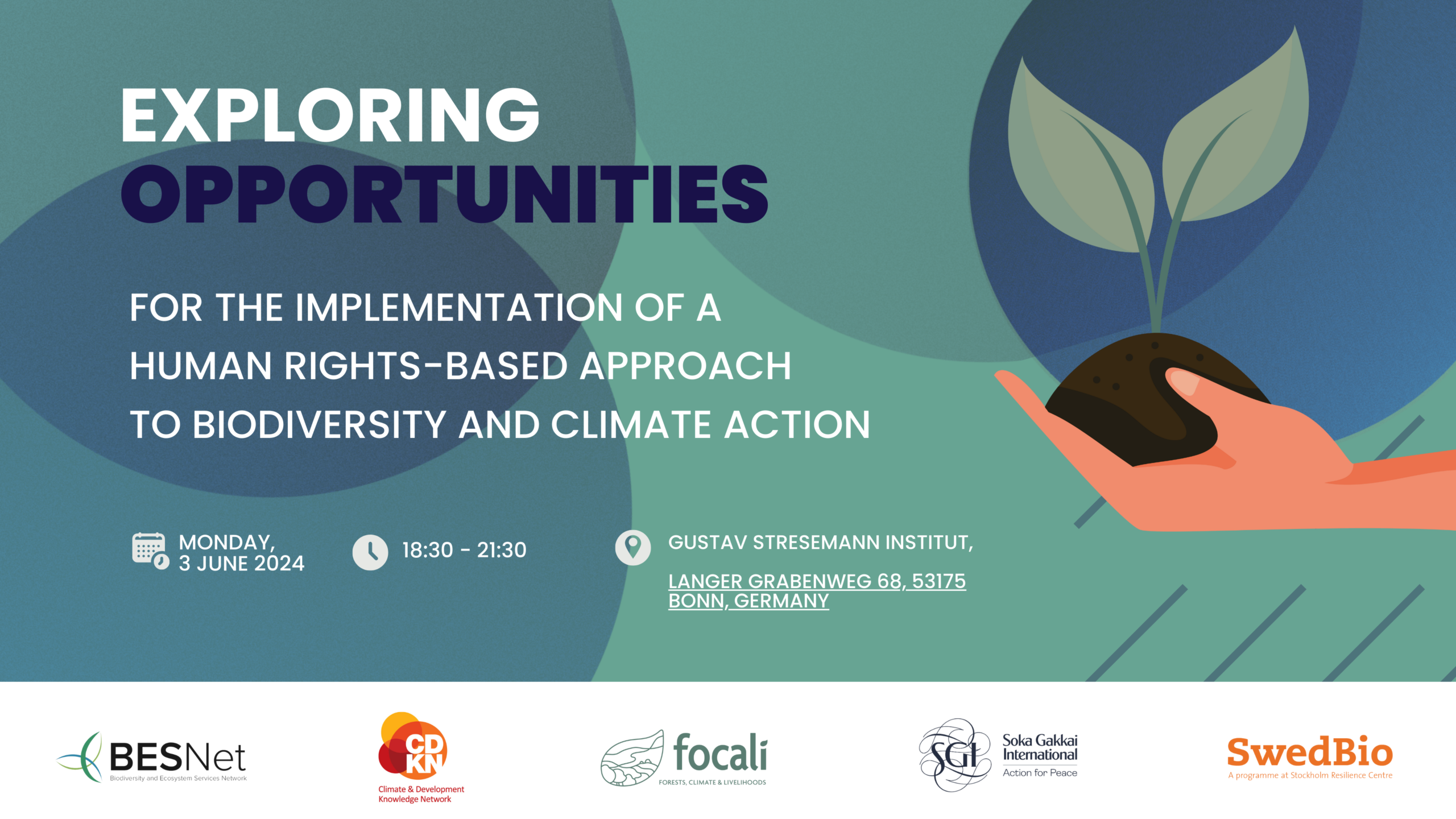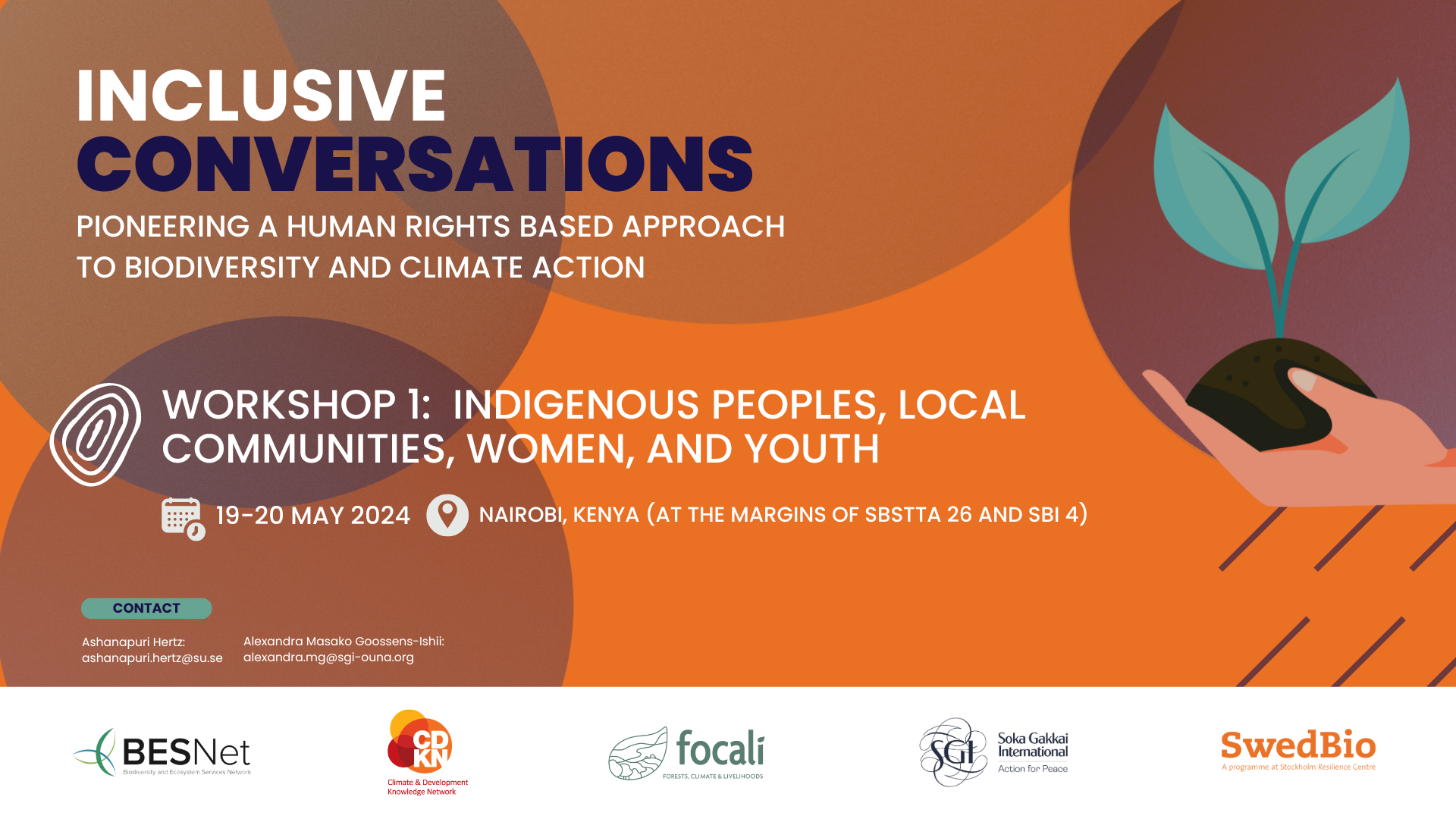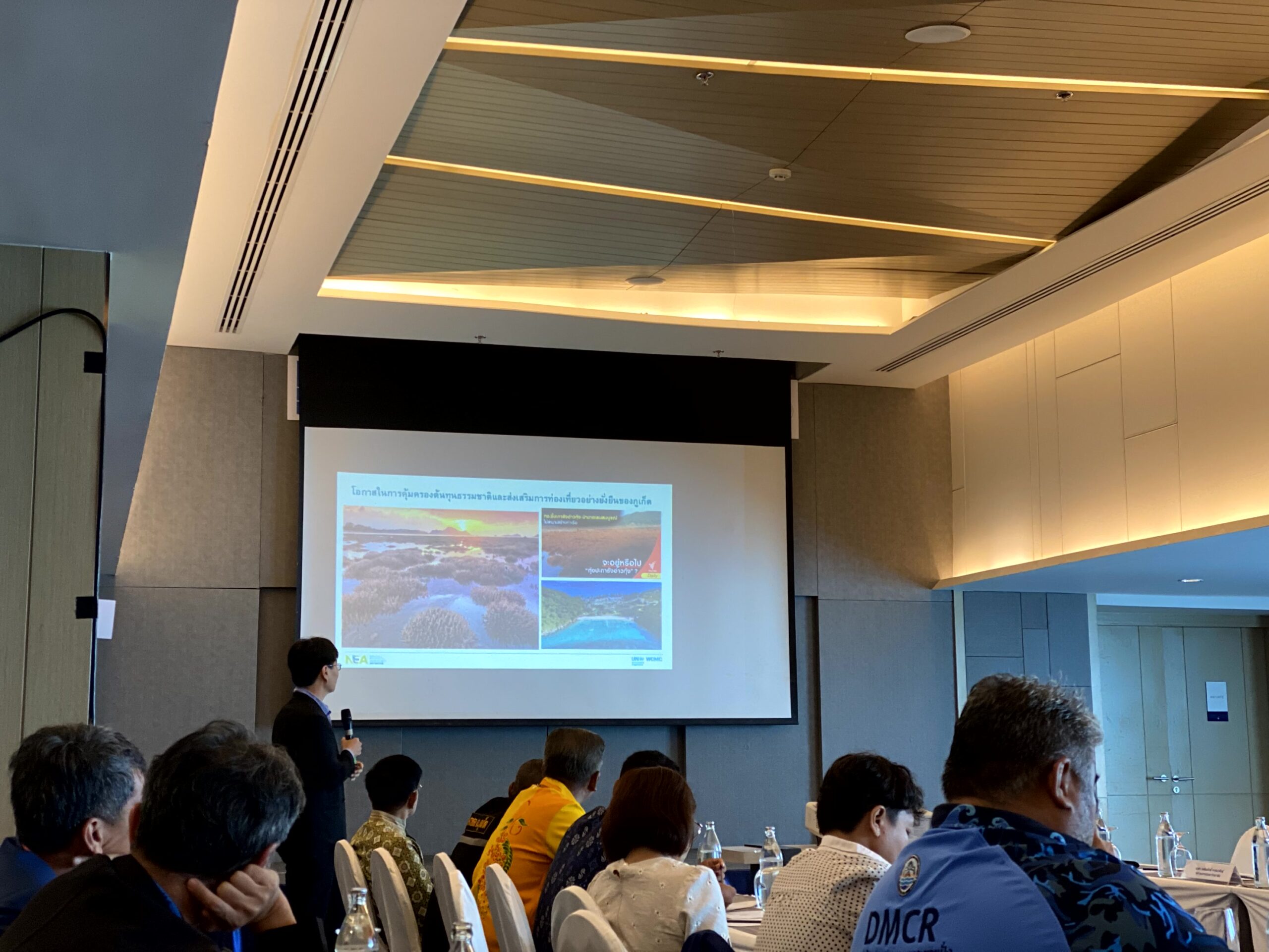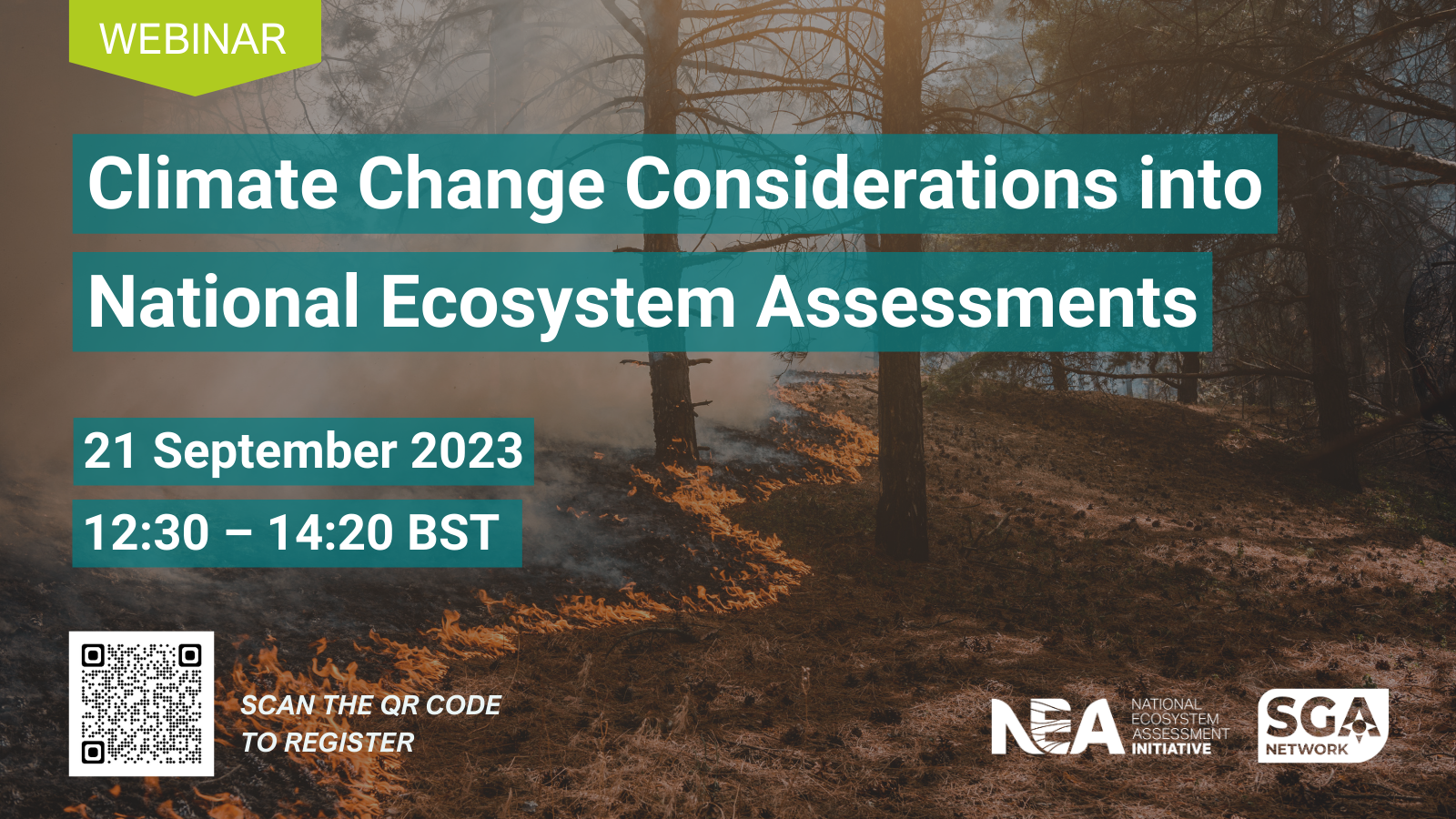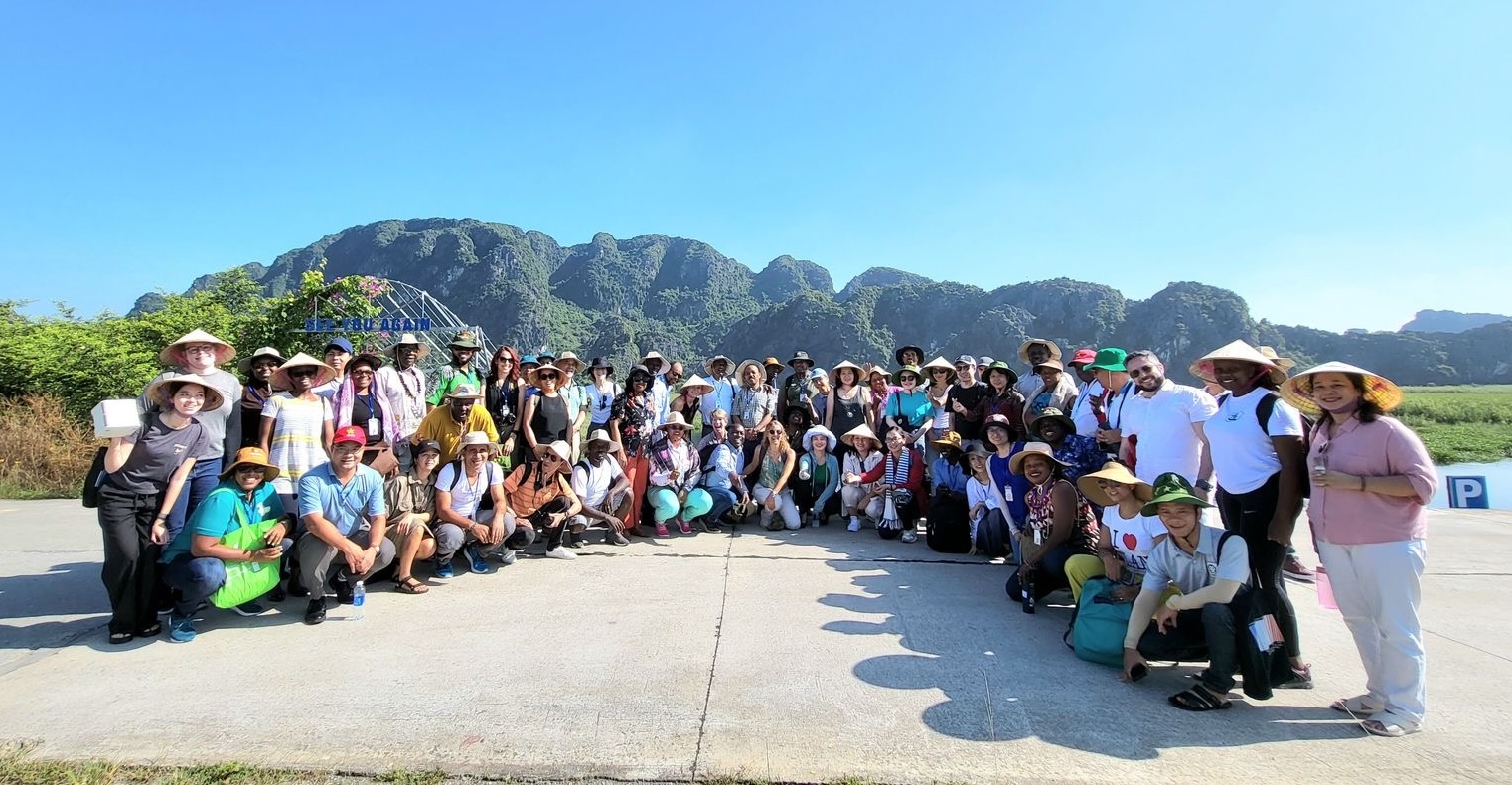Side Event at the Fifteenth Session of the Conference of the Parties (COP15) to the UN Convention to Combat Desertification (UNCCD)
Land Restoration for People and Planet: UNDP Ecosystem Restoration Promise
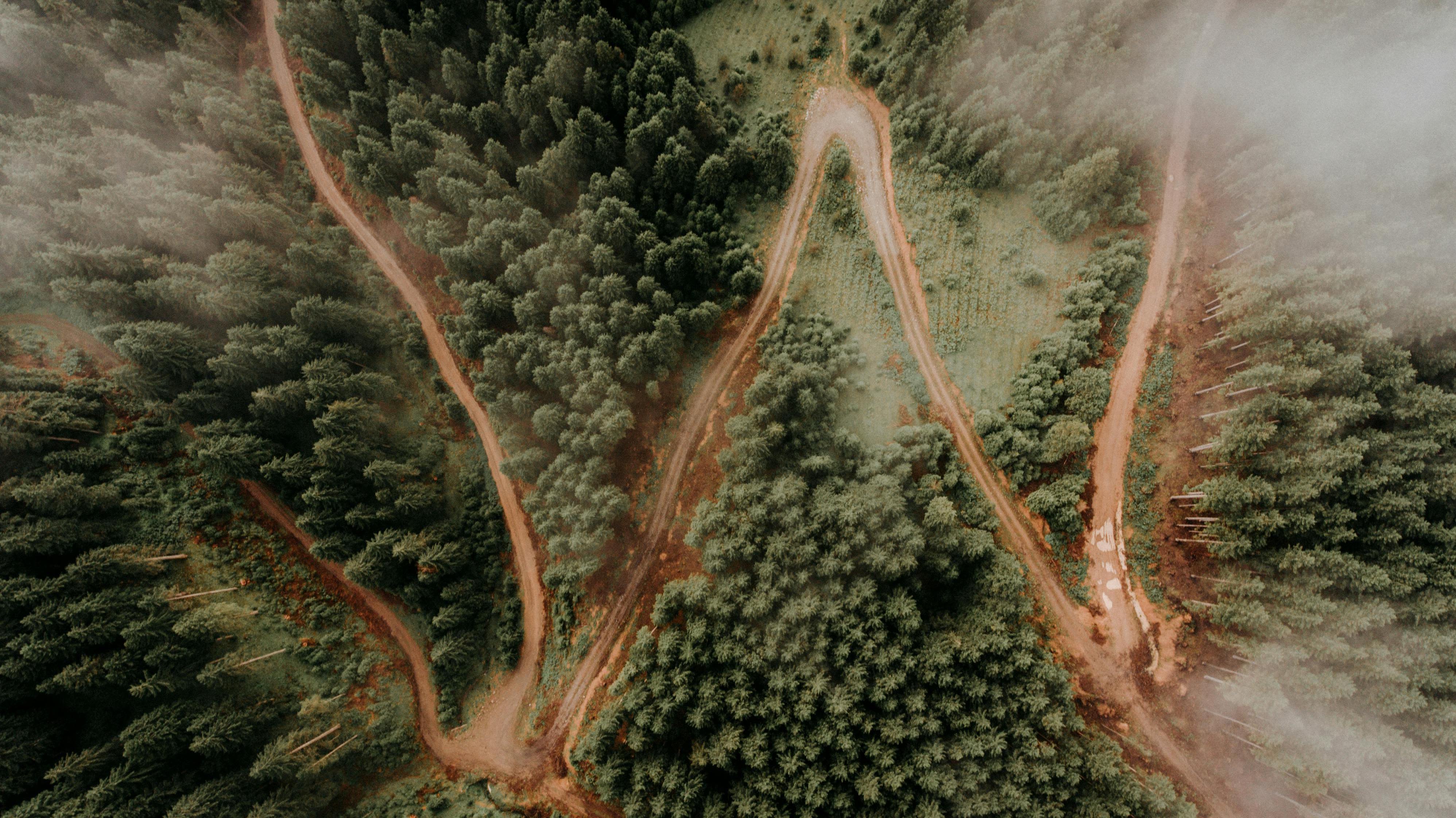
Photo by Serkan Bayraktar on Pexels
Photo by Serkan Bayraktar on Pexels
Land degradation is a pervasive, systemic phenomenon. The pressures on global land resources are greater than at any time in human history. Approximately 20 per cent of the Earth’s vegetated surface is showing persistent declining trends in productivity. These trends are increasingly alarming in the face of increased demand for land-intensive crops and livestock.
Currently, land degradation is negatively impacting the well-being of at least 3.2 billion people, pushing the planet towards a sixth mass species extinction and costing more than 10 per cent of the annual global gross product in loss of biodiversity and ecosystem services.
Intensive land use and changes to land use, driven largely by commercial agricultural expansion, forestry and consumption patterns, have not only contributed to food availability for a growing population but also to an increase in greenhouse gas emissions, loss of natural ecosystems and declining biodiversity.
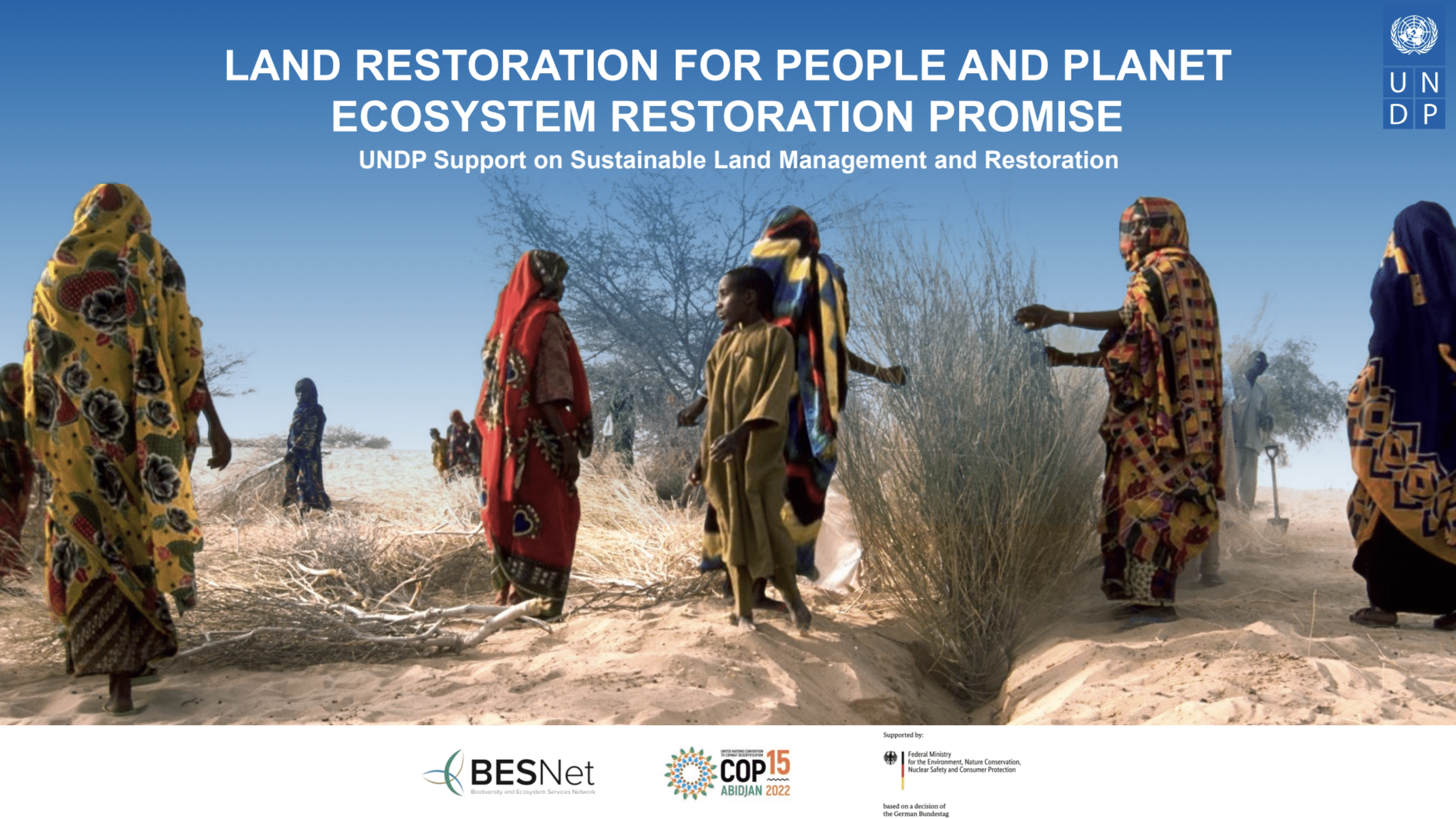
As an international agreement on good land stewardship, UNCCD is leading the way in Land Degradation Neutrality (LDN). Over 100 UNCCD country parties have adopted LDN targets, leading to a global commitment to restore 450 million hectares of degraded lands under the Convention.
The IPBES Assessment Report on Land Degradation and Restoration (LDR) reveals that the implementation of proven actions to combat land degradation can contribute to the achievement of global restoration ambitions. “Sustainable land management and restoration practices, supported by coordinated policies, institutions, governance arrangements, better-informed consumer demand and corporate social responsibility, can lead to significant improvements in land condition, reduce biodiversity loss and enhance the provision of environmental services.”
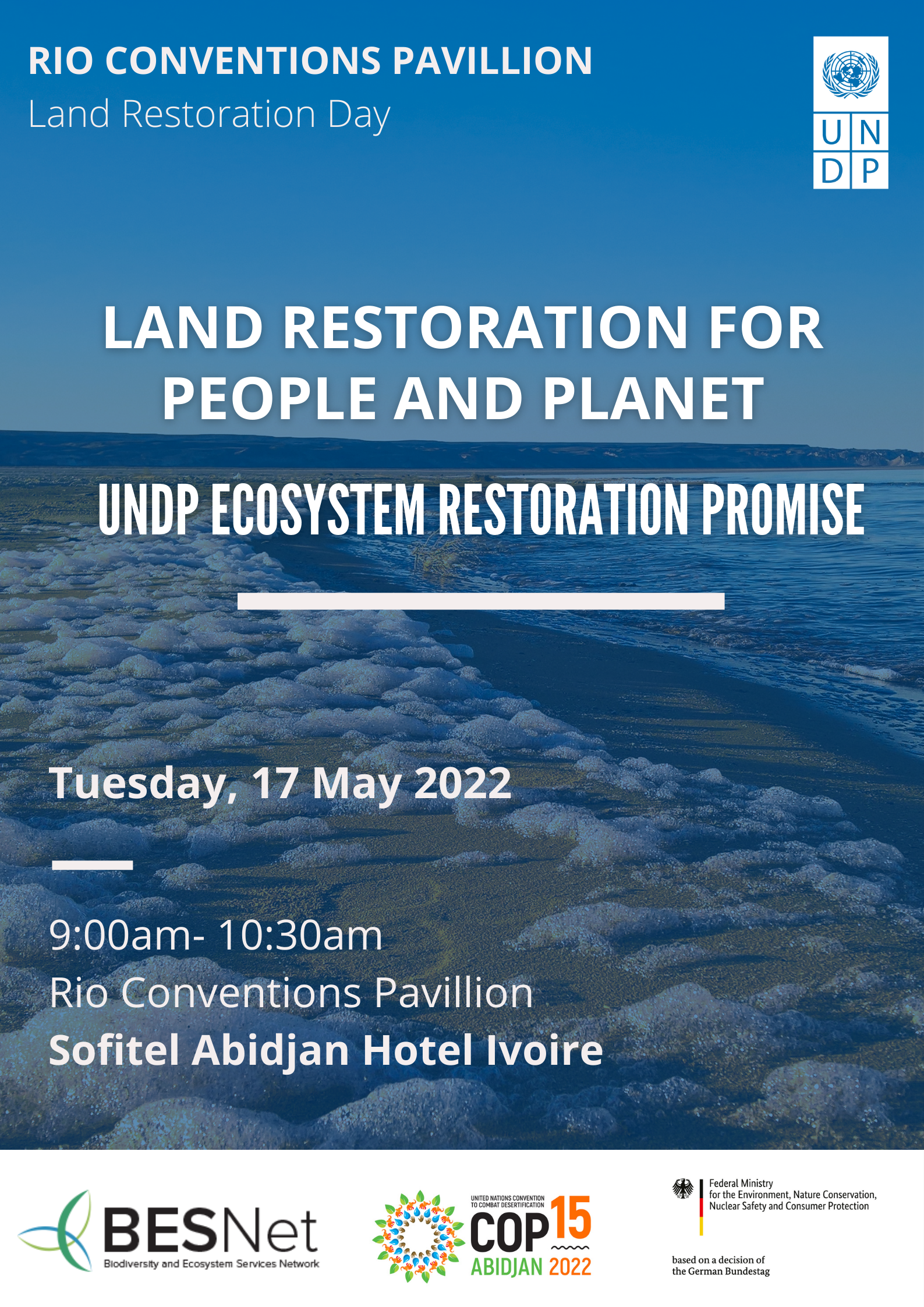

As an international agreement on good land stewardship, UNCCD is leading the way in Land Degradation Neutrality (LDN). Over 100 UNCCD country parties have adopted LDN targets, leading to a global commitment to restore 450 million hectares of degraded lands under the Convention.
The IPBES Assessment Report on Land Degradation and Restoration (LDR) reveals that the implementation of proven actions to combat land degradation can contribute to the achievement of global restoration ambitions. “Sustainable land management and restoration practices, supported by coordinated policies, institutions, governance arrangements, better-informed consumer demand and corporate social responsibility, can lead to significant improvements in land condition, reduce biodiversity loss and enhance the provision of environmental services.”
Objectives of the Side Event
This side event was organized on 17 May 2022 in partnership with the governments of Malawi, Cameroon and Kazakhstan to showcase UNDP-supported efforts on land restoration and introduce the proposed UNDP Ecosystem Restoration Promise. The specific objectives of the side event were to:
Present country-led initiatives on land restoration, highlighting results achieved, lessons learned, challenges experienced and opportunities to scale up implementation.
Share experiences on mobilizing a broad range of actors (government, NGOs, youth and women’s groups, etc.) to catalyze and successfully implement restoration initiatives.
Increase the understanding of the multiple benefits of land restoration in terms of creating green jobs, rebuilding livelihoods and climate change mitigation and adaptation.
Seek feedback, partnerships and collaboration for the development and implementation of the Ecosystem Restoration Promise.
Facilitate networking among participants to strengthen the emerging global restoration movement advocated for by the UN Decade.
Further, the side event consisted of a plenary session, with a panel discussion followed by a question-and-answer session. Panelists from Malawi, Cameroon and Kazakhstan presented national initiatives to combat land degradation, highlighting results and challenges and opportunities for scaling up restoration efforts.
Image captions
 Image 1
Image 1Photo by Godfrey Phiri on Pexels

Photo by Godfrey Phiri on Pexels
Photo by Godfrey Phiri on Pexels
Objectives of the Side Event
This side event was organized on 17 May 2022 in partnership with the governments of Malawi, Cameroon and Kazakhstan to showcase UNDP-supported efforts on land restoration and introduce the proposed UNDP Ecosystem Restoration Promise. The specific objectives of the side event were to:
Present country-led initiatives on land restoration, highlighting results achieved, lessons learned, challenges experienced and opportunities to scale up implementation.
Share experiences on mobilizing a broad range of actors (government, NGOs, youth and women’s groups, etc.) to catalyze and successfully implement restoration initiatives.
Increase the understanding of the multiple benefits of land restoration in terms of creating green jobs, rebuilding livelihoods and climate change mitigation and adaptation.
Seek feedback, partnerships and collaboration for the development and implementation of the Ecosystem Restoration Promise.
Facilitate networking among participants to strengthen the emerging global restoration movement advocated for by the UN Decade.
Further, the side event consisted of a plenary session, with a panel discussion followed by a question-and-answer session. Panelists from Malawi, Cameroon and Kazakhstan presented national initiatives to combat land degradation, highlighting results and challenges and opportunities for scaling up restoration efforts.
Image captions
 Image 1
Image 1Photo by Godfrey Phiri on Pexels

Photo by Godfrey Phiri on Pexels
Photo by Godfrey Phiri on Pexels





